The Art of Debugging: Tips and Techniques for Efficient Code Debugging
Debugging is an essential skill for developers to identify and resolve issues in their code. It involves the systematic process of locating and fixing bugs to ensure the smooth functionality of a software application. In this blog post, we will explore various tips and techniques to master the art of debugging efficiently.
Understanding the Importance of Debugging:
Debugging is not just about fixing errors; it is about fostering a deeper understanding of the codebase and its behavior. Embracing the debugging process can lead to cleaner code and better problem-solving skills.
Debugging Tools and Techniques:
- Print Statements: One of the simplest debugging techniques is using print statements to output specific variables or messages at crucial points in the code. This allows developers to trace the flow of execution and identify problematic areas.
- Interactive Debuggers: Integrated Development Environments (IDEs) and programming languages often come with interactive debuggers. These tools allow developers to set breakpoints, inspect variables, and step through code execution, providing valuable insights into the program's state.
- Logging: Logging is an essential technique to capture events and relevant data during program execution. Log messages help developers track the program's flow and diagnose issues in real-world scenarios.
- Unit Testing: Writing comprehensive unit tests ensures that individual components of the code function as intended. Unit tests provide a safety net for code changes, as they can detect regressions quickly.
- Code Review and Pair Programming: Collaborating with peers through code reviews and pair programming can lead to early bug detection. Fresh perspectives and insights from team members can catch issues that may have been overlooked.
Common Debugging Challenges and How to Overcome Them:
- Heisenbugs: Heisenbugs are elusive bugs that appear to disappear or change behavior when debugging is attempted. To overcome Heisenbugs, try to isolate the problematic code and add temporary logging statements.
- Race Conditions: Race conditions occur when multiple threads or processes access shared resources simultaneously. To tackle race conditions, use synchronization mechanisms like locks or semaphores.
- Null Pointers and Segmentation Faults: Null pointers and segmentation faults are common in languages like C and C++. Always initialize variables properly and use defensive programming techniques to handle potential null references.
Best Practices for Efficient Debugging:
- Reproduce the Bug: Always attempt to reproduce the bug before starting the debugging process. Knowing the exact conditions under which the bug occurs can expedite the debugging process.
- Isolate the Code: If the codebase is substantial, narrow down the search for bugs by isolating the problematic code or section.
- Fix One Bug at a Time: Avoid the temptation to fix multiple bugs simultaneously. Focus on fixing one issue at a time, and test the changes thoroughly.
- Version Control: Use version control systems like Git to track changes, revert to previous states, and identify when the bug was introduced.
Conclusion:
Debugging is an integral part of software development. By employing effective debugging techniques, developers can streamline the development process, deliver more reliable code, and become more proficient problem solvers.



.jpeg)